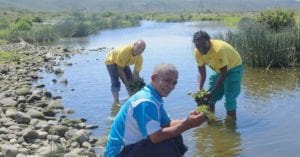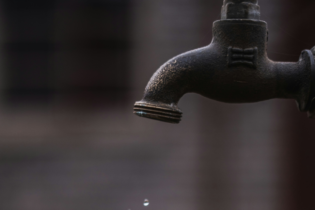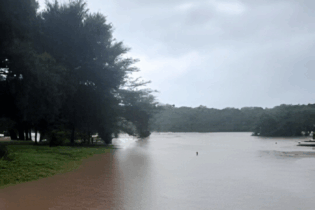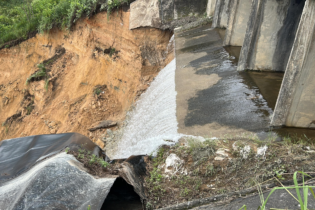Invasive alien plants are threatening up to a third of the water in major cities in the Western and Eastern Cape a new government report has revealed.
According to the report by the South African Biodiversity Institute (SANBI), invasive alien plants reduce surface water runoff by between 1 500 to 2 500 million cubic metres per year. In addition the primary catchment areas which are most affected by invasive species are in the Western and Eastern Cape, and KwaZulu-Natal. The report notes that if no remedial action is taken reductions in water resources are expected to increase by 50%.Setting management targets
Dr Moshibudi Rampedi, the Chief Executive Officer (CEO) of SANBI notes that while biological invasions pose an enormous threat to South Africa’s ecosystems and the services they deliver, such as clean water and air, and biodiversity, South Africa is among the few countries that have legislation specifically aimed at managing this problem.“The status report provides a framework for reporting on the status of biological invasions at a national level using a set of indicators. These indicators will serve as a baseline for assessing trends and for setting realistic management targets. They also highlight several important gaps in our ability to provide evidence to support decision-making,” Rampedi explains.







